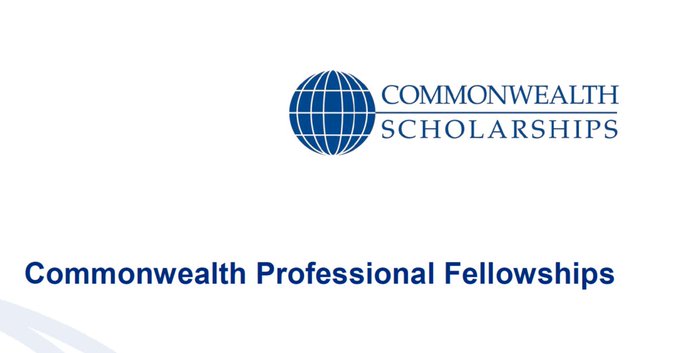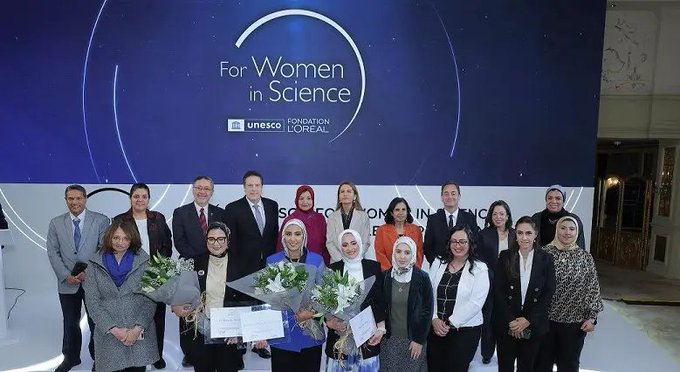
2022 African Fact-Checking Awards for Journalists in Africa
Deadline: July 15, 2022.
The African Fact-Checking Awards, the longest-running awards programme honouring fact-checking journalism by the media in Africa, are in their ninth year.
Entries for the 2022 awards are now open to journalists, journalism students, and a newly added category of professional fact-checkers – across the continent.
The need for accurate information in everyday life has spurred the growth of fact-checking in Africa and across the world. In 2021, we received a record number of 216 entries from 28 African countries. We expect even more in 2022.
To qualify, entries must have been first published or broadcast in the period from 1 August 2021 to 15 July 2022. The fact-check should conclude that a claim about an important topic, originating in or relevant to Africa, is either misleading or wrong.
The awards have three categories, with honours going to a winner and a runner-up. The categories are:
- Fact-Check of the Year by a Working Journalist
- Fact-Check of the Year by a Professional Fact-Checker
- Fact-Check of the Year by a Student Journalist
ELIGIBILITY
To be eligible, entries for this competition must:
- Be the original work of the individual or team identified in the entry form as the author.
- Expose a claim on an important topic that originated in or is relevant to Africa as misleading or wrong.
- Be an original piece of fact-checking journalism first published or broadcast on any date from 1 August 2021 to 15 July 2022.
- Be received by the organisers before midnight GMT on 15 July 2022. Late entries will not be accepted.
- Be received by the organisers via the official entry form. No other means of sending in entries is allowed.
- Fact-checks can be published/broadcast in any language, but entry forms must be completed in either English or French. However, should the fact-checking report not be in English or French, a written translation must be submitted with the entry.
- By submitting an entry, the entrant confirms that they are the authors of the work, and that in the case of any dispute about this, this is entirely the entrant’s responsibility
- Reports published by Africa Check are not eligible for the competition.
- Judges reserve the right to move an entry from one category to another.
- Candidates can only enter for the awards in one category per year, but can submit more than one report if they choose.
- Should the entrant win a prize in the awards, we will send the money to a bank account to be nominated by them.
- At the shortlisting stage a representative of the jury may seek clarification on some points.
- Entrants who are found to be unethical about any aspect related to their entry will be disqualified.
- Entrants must agree to do media interviews and/or reports about the awards if they win.
- Entrants for the awards must agree to accept the judges’ decision as final.
Category: Fact-Check of the Year by a Working Journalist
- Only journalists who do not work for fact-checking organisations are eligible to enter in this category.
- The entry must have been published or broadcast for the first time by a media- or independent fact-checking organisation based in Africa on any date from 1 August 2021 to 15 July 2022.
- The work may be published in print or online, broadcast on the radio or television, or published in a blog.
Category: Fact-Check of the Year by a Professional Fact-Checker
- Journalists, fact-checkers or researchers who work for fact-checking organisations or organisations aimed at uncovering dis- or misinformation must enter in this category.
- The entry must have been published or broadcast for the first time by a media- or independent fact-checking organisation based in Africa on any date from 1 August 2021 to 15 July 2022.
- The work may be published in print or online, broadcast on the radio or television, or published in a blog.
Category: Fact-Check of the Year by a Student Journalist
- To enter the student category, candidates must be from Africa and younger than 35 by 15 July 2022.
- Student candidates must have been enrolled as a student at a university, college or other tertiary institution at some period from 1 August 2021 to 15 July 2022.
- This category excludes part-time students who are working as professional fact-checkers or journalists. Such candidates must enter one of the other two categories.
- The entry must be an original piece of fact-checking journalism, produced as course work or first published or broadcast on any date from 1 August 2021 to 15 July 2022.
- The work may be published in a blog, student publication or by a media- or independent fact-checking organisation based in Africa.
AWARD
- The winners of the working journalist and professional fact-checker categories will each get a prize of US$3,000.
- The runners-up will receive $1,500.
- The winner of the student journalist category will be awarded $2,000, and the runner-up $1,000.



